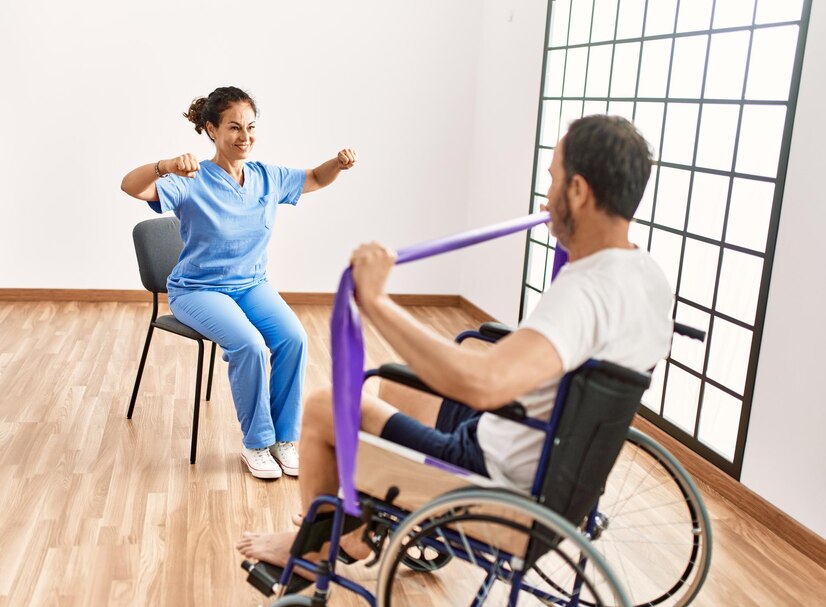Unlocking the Benefits of Kinesiology: Enhancing Movement and Function for Optimal Health
Exploring the Multifaceted Advantages of Kinesiology Interventions

Kinesiology, the study of human movement and its relationship to health and well-being, offers a wealth of benefits for individuals seeking to optimize their physical function and performance. Grounded in biomechanics, anatomy, and physiology, kinesiology interventions are evidence-based and tailored to individual needs.
Research indicates that kinesiology interventions can improve musculoskeletal function, enhance athletic performance, and reduce the risk of injury. A study published in the Journal of Strength and Conditioning Research found that a kinesiology-based exercise program significantly improved strength, power, and agility in collegiate athletes (Sander et al., 2013).
Moreover, kinesiology plays a crucial role in rehabilitation after injury or surgery. Through targeted exercise programs, manual techniques, and biomechanical analysis, kinesiologists help individuals regain strength, mobility, and function, facilitating a safe return to daily activities and sports.
Beyond injury rehabilitation, kinesiology promotes overall health and wellness through preventive strategies and lifestyle modifications. Kinesiologists provide education and guidance on proper movement mechanics, ergonomics, and exercise prescription to prevent injuries and improve long-term health outcomes.
Furthermore, kinesiology interventions extend beyond the athletic realm to encompass diverse populations and settings. From workplace ergonomics and aging-related mobility issues to chronic disease management and rehabilitation, kinesiology offers tailored interventions to address individual needs and goals.
In conclusion, kinesiology serves as a cornerstone of optimal physical function and performance, offering a holistic approach to health and well-being. With its emphasis on evidence-based practice and personalized care, kinesiology interventions empower individuals to move with confidence, vitality, and resilience.
References:
Sander, A., Keiner, M., Schlumberger, A., Wirth, K., & Schmidtbleicher, D. (2013). Effects of Functional Exercises in the Warm-Up on Sprint Performances. Journal of Strength and Conditioning Research, 27(4), 995–1001.






